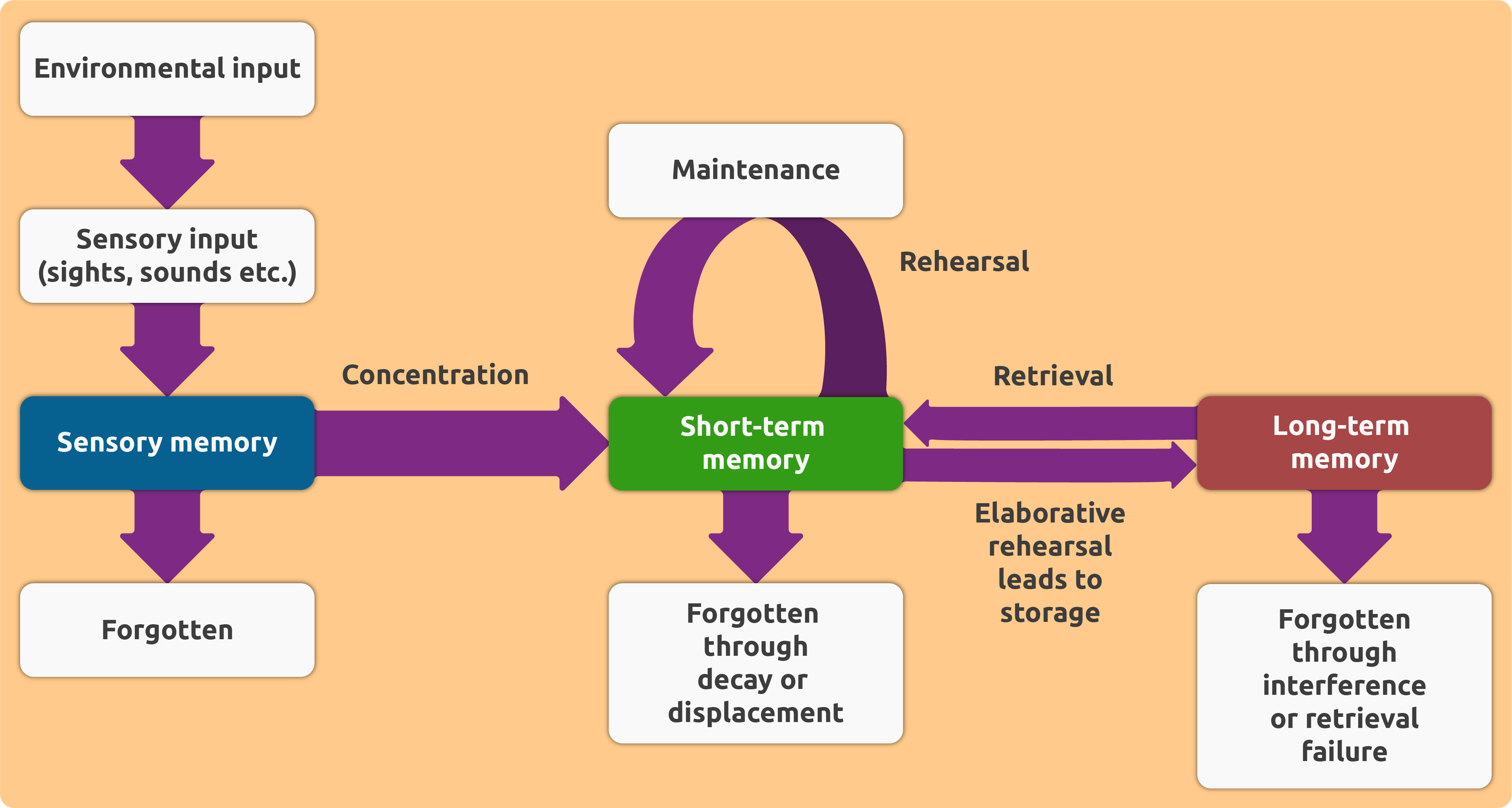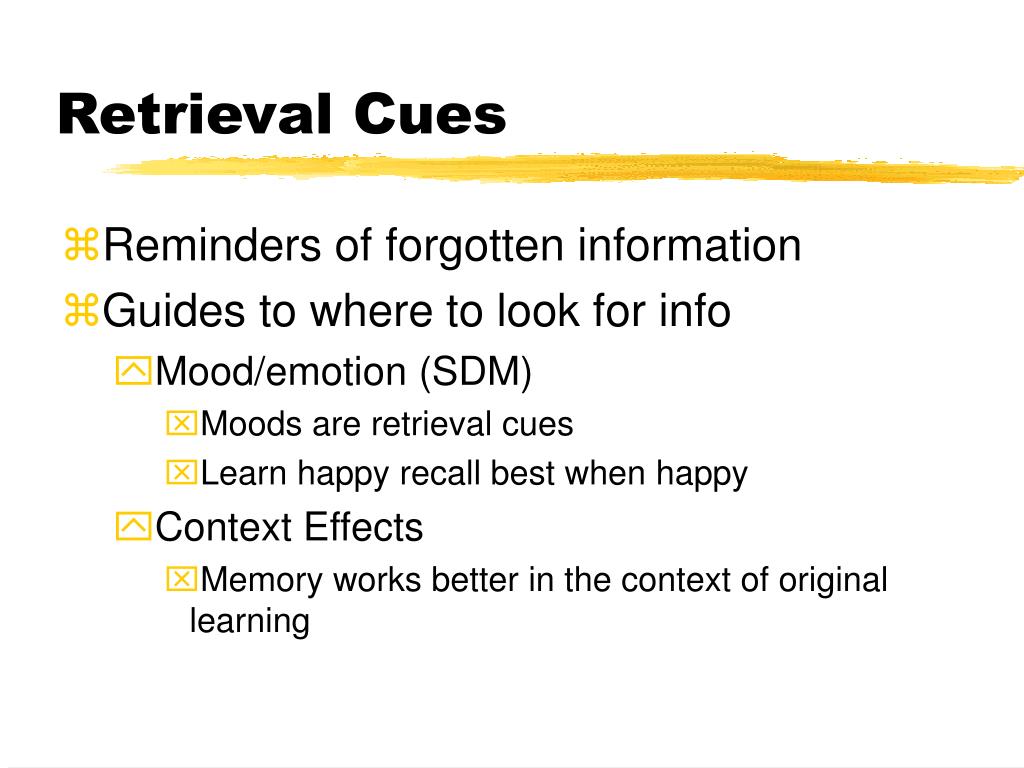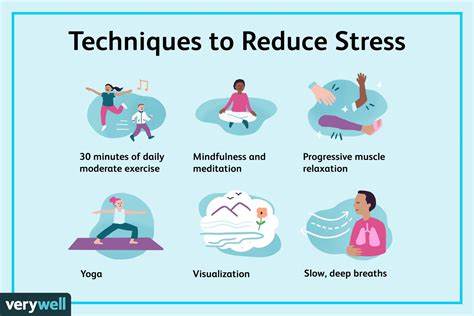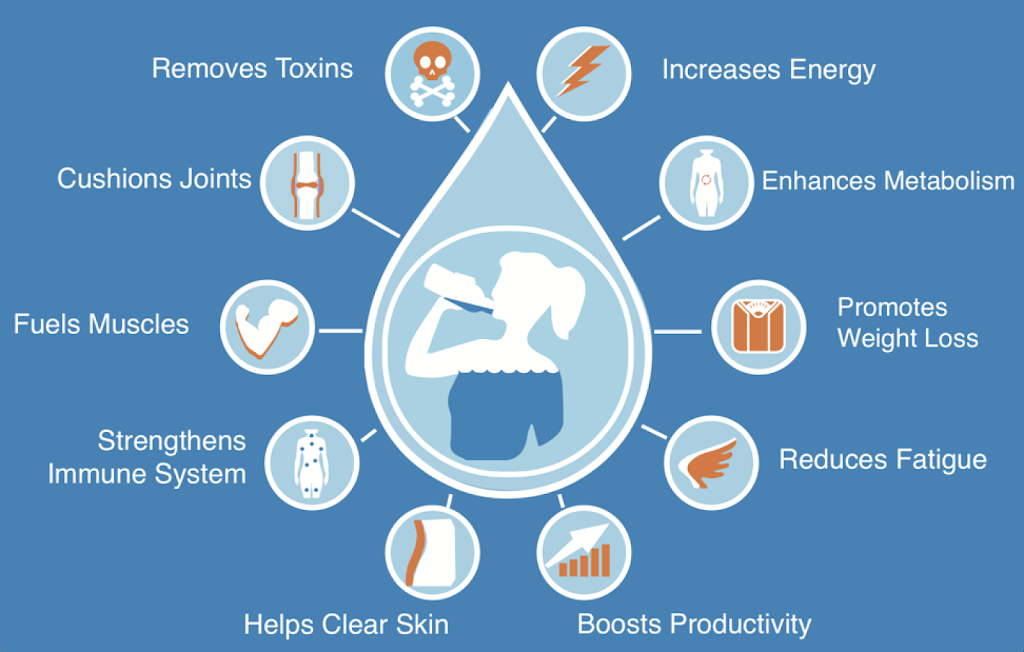Contents
- 1 Introduction to Remembering Forgotten Information
- 2 Understanding Memory Retrieval Processes
- 3 Strategies for Remembering Forgotten Information
- 4 Mindfulness and Relaxation Techniques
- 5 Environmental and Lifestyle Considerations
- 6
- 7 Utilizing Technology and External Aids
- 8 Coping with Persistent Memory Lapses
- 9 Conclusion
Introduction to Remembering Forgotten Information
Memory is a fascinating and intricate aspect of human cognition, allowing us to store, retrieve, and utilize information acquired throughout our lives. However, despite its remarkable capacity, memory is not infallible, and instances of forgetting are a natural part of the human experience. Whether it’s forgetting a person’s name, misplacing keys, or overlooking an important detail, we all encounter moments where information eludes our immediate recall.
The ability to remember forgotten information is not only a practical skill but also a fundamental aspect of cognitive functioning. Retrieving forgotten memories not only enhances our problem-solving abilities but also contributes to our sense of identity and personal narrative. Understanding the mechanisms underlying memory retrieval and adopting effective strategies to facilitate recall are essential endeavors for individuals seeking to harness the full potential of their cognitive faculties.
In this comprehensive exploration of remembering forgotten information, we delve into the intricacies of memory retrieval processes, examining the factors that influence our ability to recall information accurately and efficiently. From the encoding and storage of memories to the contextual cues and emotional associations that shape our recollection, we embark on a journey to unravel the mysteries of human memory.
Throughout this journey, we encounter a myriad of strategies and techniques designed to aid in memory retrieval, ranging from the use of retrieval cues and mnemonic devices to the application of visualization and active engagement. We explore the role of mindfulness and relaxation techniques in enhancing memory performance, as well as the importance of environmental and lifestyle considerations in supporting cognitive function.
As we navigate the complexities of memory retrieval, we confront the challenges posed by persistent memory lapses and examine adaptive coping mechanisms for managing memory deficits. Through introspection and collaboration, we cultivate resilience in the face of temporary setbacks and embrace the opportunity for growth and self-improvement.
Join us as we embark on a quest to unlock the secrets of memory retrieval, empowering ourselves with knowledge and techniques to navigate the intricate landscape of human cognition. Together, we embark on a journey of discovery and self-discovery, harnessing the power of memory to illuminate our path forward in an ever-changing world.
Understanding Memory Retrieval Processes
To unravel the mysteries of remembering forgotten information, it is essential to delve into the intricate processes of memory retrieval. Memory, a complex cognitive function, involves the encoding and storage of information, with retrieval being the gateway to bringing that information back into conscious awareness. In this section, we explore the dynamics of memory retrieval, understanding how memories are formed and the factors influencing their successful recall.
Memory Encoding and Storage:
At the core of memory retrieval lies the initial process of encoding, where information is transformed into a format that can be stored in the brain. The effectiveness of this encoding phase significantly influences the ease of subsequent retrieval. We explore the different encoding mechanisms and how they contribute to the formation of robust and accessible memories.
Factors Affecting Memory Retrieval:
Memory retrieval is a dynamic process influenced by various factors. Contextual cues, emotional associations, and the frequency of repetition and practice all play pivotal roles in determining the success of memory recall. Understanding these factors provides valuable insights into optimizing memory retrieval and overcoming common obstacles associated with forgetfulness.
Contextual Cues:
The context in which information is initially learned creates a set of cues that can aid in its later retrieval. We delve into the phenomenon of context-dependent memory, exploring how environmental cues, such as the location or circumstances in which information was acquired, can act as powerful triggers for memory recall.
Emotional Associations:
Emotions are integral to memory formation and retrieval. The emotional significance of an event or piece of information can enhance or hinder its recall. By examining the intricate interplay between emotion and memory, we uncover strategies to leverage emotional associations for more effective memory retrieval.
Repetition and Practice:
Repetition and practice are fundamental to strengthening memory traces. We explore the concept of spaced repetition and deliberate practice, understanding how these techniques enhance memory retrieval by reinforcing neural connections and facilitating more robust recall over time.
As we navigate the realms of memory encoding and retrieval, we gain a deeper appreciation for the complexities inherent in remembering information. By understanding the foundational processes that shape our memories, we lay the groundwork for implementing effective strategies in the subsequent sections, empowering ourselves to retrieve forgotten information with greater precision and efficiency.
Strategies for Remembering Forgotten Information
In the quest to retrieve forgotten information, a repertoire of effective strategies serves as invaluable tools for enhancing memory recall. In this section, we explore a spectrum of techniques designed to facilitate the retrieval of lost memories, empowering individuals to overcome instances of forgetfulness and bolster their cognitive prowess.
Retrieval Cues and Associations:
One of the most powerful strategies for memory retrieval involves the use of retrieval cues and associations. By recalling related information or establishing meaningful connections between disparate pieces of information, individuals can stimulate memory retrieval pathways and enhance their ability to access forgotten knowledge. We explore the role of mnemonic devices, memory aids, and semantic networks in facilitating the retrieval process.
Visual Imagery and Mental Rehearsal:
Visual imagery and mental rehearsal serve as potent tools for enhancing memory retrieval. By creating vivid mental images or mentally rehearsing the sequence of events associated with a particular memory, individuals can strengthen neural pathways and improve their ability to recall information accurately. We delve into techniques for harnessing the power of visualization and mental rehearsal to enhance memory performance.
Active Engagement and Contextualization:
Active engagement with the material and contextualization of information are key principles underlying effective memory retrieval. By actively engaging with the material through reflection, elaboration, and elaborative rehearsal, individuals can deepen their understanding and retention of key concepts. We explore strategies for contextualizing information within relevant frameworks and applying it to real-world scenarios, thereby enhancing memory retrieval and facilitating transfer of knowledge.
Mindfulness and Relaxation Techniques:
Mindfulness and relaxation techniques offer valuable tools for optimizing memory retrieval by reducing stress and promoting mental clarity. Through mindful meditation, deep breathing exercises, and stress reduction strategies, individuals can create an optimal internal environment for memory retrieval, fostering a state of focused awareness and receptivity to incoming information.
Environmental and Lifestyle Considerations:
Environmental factors and lifestyle choices play a significant role in memory retrieval. By creating a distraction-free environment, establishing healthy sleep patterns, and maintaining proper nutrition and hydration, individuals can support optimal cognitive function and enhance their ability to retrieve information effectively.
By incorporating these strategies into their repertoire, individuals can empower themselves to navigate the complexities of memory retrieval with confidence and ease. Through mindful application and continued practice, they can unlock the full potential of their memory and harness its power to enrich their personal and professional lives.
Mindfulness and Relaxation Techniques
In the pursuit of remembering forgotten information, mindfulness and relaxation techniques offer invaluable strategies for promoting mental clarity, reducing stress, and enhancing memory retrieval. By cultivating a state of focused awareness and inner calm, individuals can create an optimal internal environment conducive to effective memory recall. In this section, we explore a range of mindfulness and relaxation techniques tailored to facilitate memory retrieval and support cognitive function.
Mindful Meditation and Breathing Exercises:
Mindful meditation is a powerful practice for cultivating present-moment awareness and fostering a sense of inner tranquility. By engaging in mindful meditation techniques, such as focused breathing or body scanning, individuals can develop greater self-awareness and enhance their ability to focus attention on the task at hand. We delve into the principles of mindful meditation and explore practical strategies for integrating mindfulness into daily life to promote overall well-being and cognitive function.
Stress Reduction Strategies:
Chronic stress can have detrimental effects on cognitive function and memory retrieval. By implementing stress reduction strategies, individuals can mitigate the impact of stress on memory performance and promote mental resilience. Techniques such as progressive muscle relaxation, deep breathing exercises, and guided imagery offer effective tools for reducing physiological arousal and promoting a state of relaxation conducive to optimal memory retrieval.
Progressive Muscle Relaxation:
Progressive muscle relaxation is a systematic technique for releasing tension and promoting physical and mental relaxation. By sequentially tensing and relaxing different muscle groups throughout the body, individuals can alleviate muscle tension, reduce stress levels, and cultivate a sense of calmness and well-being. We explore the principles of progressive muscle relaxation and provide step-by-step guidance for incorporating this technique into daily practice to support memory retrieval and overall mental health.
Deep Breathing Techniques:
Deep breathing techniques, such as diaphragmatic breathing and paced breathing, offer simple yet powerful methods for inducing relaxation and reducing stress. By focusing attention on the breath and practicing rhythmic breathing patterns, individuals can activate the body’s relaxation response, lower stress hormones, and enhance mental clarity and focus. We explore the science behind deep breathing techniques and offer practical tips for integrating these practices into daily life to promote optimal cognitive function and memory retrieval.
By incorporating mindfulness and relaxation techniques into their daily routines, individuals can cultivate a sense of calmness, clarity, and resilience that supports effective memory retrieval and enhances overall cognitive performance. With mindful awareness and intentional practice, individuals can harness the transformative power of these techniques to optimize their memory function and unlock their full potential.
Environmental and Lifestyle Considerations
Environmental factors and lifestyle choices play a significant role in shaping cognitive function and memory retrieval abilities. By creating a supportive environment and adopting healthy lifestyle habits, individuals can optimize their brain health and enhance their capacity to remember forgotten information. In this section, we explore various environmental and lifestyle considerations that influence memory retrieval and offer practical strategies for fostering an optimal cognitive environment.
Creating a Distraction-Free Environment:
A cluttered and chaotic environment can impede focus and concentration, making it difficult to retrieve information from memory. By creating a clean, organized, and distraction-free environment, individuals can minimize external stimuli that compete for attention and promote a state of mental clarity conducive to effective memory retrieval. We discuss practical tips for decluttering workspaces, minimizing digital distractions, and establishing designated study or work areas that support optimal cognitive function.
Establishing Healthy Sleep Patterns:
Quality sleep is essential for memory consolidation and cognitive function. Adequate restorative sleep allows the brain to process and integrate new information, strengthening memory traces and enhancing memory retrieval abilities. We explore the importance of establishing consistent sleep patterns, practicing good sleep hygiene habits, and prioritizing restful sleep to support optimal brain health and memory performance.
Maintaining Proper Nutrition and Hydration:
Nutrition and hydration play critical roles in supporting cognitive function and memory retrieval. A balanced diet rich in nutrients such as omega-3 fatty acids, antioxidants, and vitamins B and E supports brain health and enhances synaptic plasticity, the brain’s ability to form and strengthen connections between neurons. Proper hydration is equally important, as dehydration can impair cognitive function and memory performance. We discuss dietary recommendations for brain health and offer practical tips for staying hydrated throughout the day.
By incorporating these environmental and lifestyle considerations into their daily routines, individuals can create an optimal cognitive environment that supports memory retrieval and overall brain health. With mindfulness and intentionality, individuals can cultivate habits and behaviors that promote mental clarity, focus, and resilience, empowering them to remember forgotten information with greater ease and efficiency.
Utilizing Technology and External Aids
In the digital age, technology and external aids offer valuable resources for enhancing memory retrieval and supporting cognitive function. From digital reminder apps to traditional note-taking methods, these tools can help individuals organize information, set reminders, and streamline the retrieval process. In this section, we explore a variety of technological and external aids designed to optimize memory retrieval and facilitate information recall.
Digital Reminder Apps and Tools:
Digital reminder apps and tools are ubiquitous in today’s technologically driven world. These applications allow users to set reminders, create to-do lists, and organize information in a digital format that can be accessed anytime, anywhere. From calendar apps with customizable alerts to task management platforms with collaborative features, digital reminder tools offer versatile solutions for managing daily responsibilities and prompting memory retrieval. We discuss popular reminder apps and tools and offer practical tips for maximizing their effectiveness in supporting memory recall.
Written Notes and Lists:
Traditional written notes and lists remain effective tools for organizing information and aiding memory retrieval. Whether jotting down key points in a notebook or creating a detailed checklist, written notes provide a tangible reference that can be easily accessed and reviewed as needed. We explore strategies for effective note-taking and list-making, including the use of bullet points, headings, and color coding to enhance organization and retrieval efficiency.
Using Alarms and Timers:
Alarms and timers serve as external cues that prompt memory retrieval and support task completion. By setting alarms for important deadlines or using timers to break tasks into manageable segments, individuals can maintain focus and productivity while minimizing procrastination and forgetfulness. We discuss the benefits of incorporating alarms and timers into daily routines and offer practical suggestions for using these tools to optimize memory retrieval and time management.
By leveraging technology and external aids, individuals can augment their memory retrieval abilities and enhance overall cognitive function. With a diverse array of tools and resources at their disposal, individuals can tailor their approach to memory retrieval to suit their unique preferences and needs, empowering them to remember forgotten information with greater efficiency and confidence. By integrating these technological and external aids into their daily routines, individuals can streamline the memory retrieval process and unlock their full cognitive potential.
Coping with Persistent Memory Lapses
Persistent memory lapses can be frustrating and challenging to manage, but there are effective coping strategies that individuals can employ to navigate these difficulties and enhance memory retrieval abilities. In this section, we explore a range of adaptive coping mechanisms designed to help individuals cope with persistent memory lapses and mitigate their impact on daily functioning.
Accepting Temporary Memory Failures:
Acceptance is the first step towards coping with persistent memory lapses. It is essential for individuals to acknowledge that occasional memory lapses are a normal part of human experience and do not necessarily indicate underlying cognitive decline. By reframing memory lapses as temporary setbacks rather than indicators of personal failure, individuals can cultivate a mindset of resilience and self-compassion.
Seeking External Assistance or Collaboration:
When faced with persistent memory lapses, individuals can benefit from seeking external assistance or collaboration. This may involve enlisting the help of family members, friends, or colleagues to provide reminders, prompts, or assistance with memory-related tasks. Collaborative approaches can help individuals compensate for memory deficits and reduce the negative impact of persistent memory lapses on daily functioning.
Reflecting on Memory Strategies and Adjusting as Needed:
Reflection and adjustment are key components of effective memory coping strategies. Individuals can reflect on their current memory strategies and assess their effectiveness in facilitating memory retrieval. By identifying patterns of success and areas for improvement, individuals can adapt their memory strategies to better align with their unique cognitive strengths and challenges.
By embracing adaptive coping mechanisms and cultivating a mindset of resilience, individuals can navigate persistent memory lapses with grace and confidence. With patience, self-awareness, and a willingness to seek support when needed, individuals can effectively cope with memory challenges and continue to lead fulfilling and meaningful lives.
Conclusion
In conclusion, the journey to remember forgotten information is a multifaceted endeavor that encompasses understanding memory processes, implementing effective strategies, and cultivating adaptive coping mechanisms. Throughout this exploration, we have delved into the intricacies of memory retrieval, examining the factors that influence our ability to recall information and the diverse array of techniques available to support memory performance.
From the utilization of retrieval cues and associations to the integration of mindfulness and relaxation techniques, individuals have a wealth of tools at their disposal to enhance memory retrieval and optimize cognitive function. By leveraging technology, environmental considerations, and collaborative approaches, individuals can create a supportive cognitive environment that fosters optimal memory performance and resilience in the face of memory challenges.
As we conclude this journey, it is important to recognize that memory retrieval is a dynamic and ongoing process that requires patience, practice, and adaptability. While occasional memory lapses are inevitable, they need not define our cognitive abilities or diminish our sense of self-worth. By embracing a mindset of acceptance, seeking support when needed, and reflecting on our memory strategies, we can navigate memory challenges with grace and confidence.
In the pursuit of remembering forgotten information, let us cultivate a spirit of curiosity, resilience, and self-compassion. With each memory retrieved and each challenge overcome, we deepen our understanding of ourselves and the remarkable capabilities of the human mind. May this journey inspire us to embrace the complexities of memory, celebrate our cognitive diversity, and cherish the power of remembering as a testament to the richness of the human experience.






